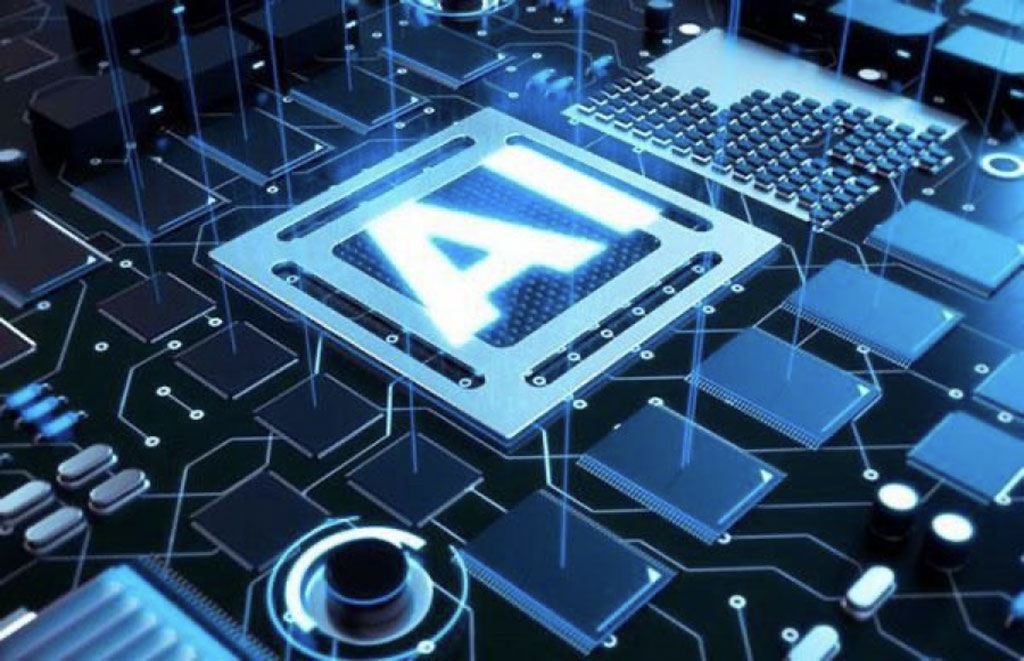
The Role of Artificial Intelligence in Component Manufacturing
In the midst of the powerful tide of the Fourth Industrial Revolution, the role of artificial intelligence (AI) in manufacturing is increasingly undeniable. AI serves not only as a supportive tool but also as a foundational pillar shaping the future of component manufacturing. Let's explore the undeniable contributions of AI in driving innovation and optimizing the component manufacturing industry.
1- WHAT IS ARTIFICIAL INTELLIGENCE?
Artificial intelligence, or AI, is a branch of computer science concerned with creating machines capable of performing tasks that require human intelligence. This includes abilities such as learning, reasoning, pattern recognition, natural language processing, and image processing. AI not only simulates human intelligence but also goes beyond by utilizing machine learning and deep learning to self-improve over time based on input data.
AI serves not only as a supportive tool but also as a foundational pillar shaping the future of component manufacturing.
IBM, one of the leading companies in the technology sector, has set its sights on supporting enterprises to maximize the benefits of applying and digitizing with AI by 2024. IBM forecasts that AI will witness exponential growth, multiplying by 3.5 times by 2025. To achieve this goal, IBM believes that five key technology trends will play a crucial role in differentiating organizations in 2024, promising to open up a future full of promise and innovation for the tech world.
2- THE IMPACT OF ARTIFICIAL INTELLIGENCE
AI is revolutionizing the nature of component manufacturing, ushering it into a new era of precision, efficiency, and personalization. Below are some specific examples of the impact of AI:
Automating Manufacturing Processes
An exemplary example of AI's impact is the automation of manufacturing processes in electronic component factories. Company A, a leading electronic component manufacturer, has implemented an AI system to automate assembly lines. This system employs AI-equipped robots to identify parts and assemble them autonomously without human intervention. As a result, production time has significantly decreased, while precision and product quality have improved.
Quality Control of Products
In quality control, AI provides error detection capabilities with a high level of accuracy that humans find challenging to achieve. For instance, Company B utilizes an AI system to analyze images and data from sensors during the component quality inspection process. This system can detect even the smallest defects, minimizing product errors to a minimum and ensuring the highest quality for customers.
Optimizing the Supply Chain
AI has also proven its value in optimizing supply chains. Company C applies AI software to analyze data across the entire supply chain, from raw material sourcing to customer delivery processes. This software aids in predicting demands, optimizing production schedules, and efficiently managing inventory, thereby reducing costs and waiting times.
Product Personalization
Lastly, personalizing products according to customer demands is another significant benefit of AI. Company D uses AI to analyze trends and individual preferences from big data, allowing them to create custom electronic components and products. This not only enhances customer satisfaction but also opens up new opportunities for creating unique and diverse products.

3- BENEFITS OF ARTIFICIAL INTELLIGENCE
Minimize Production Errors
One of the standout benefits of AI is its ability to minimize production errors. By leveraging machine learning technology and big data, AI can predict and prevent errors before they occur, resulting in significant cost savings for businesses. This is particularly crucial in component manufacturing, where even a minor error can lead to significant consequences.
Enhance Manufacturing Process Flexibility
AI also enhances the flexibility of the production process. With its learning and adaptive capabilities, AI can help adjust the production process based on specific requirements or changes in production conditions. This enables component manufacturers to quickly respond to market demands and personalize products according to customer requirements without compromising operational efficiency.
Data Analysis and Data-Driven Decision Making
Furthermore, AI brings significant benefits in data analysis and data-driven decision-making. The ability to process and analyze large amounts of data in a short period allows managers to gain deeper insights into the production process, enabling them to make accurate and timely decisions to improve performance and minimize costs.
Boost Competitive Edge
Finally, integrating AI into component manufacturing helps businesses enhance their competitive edge. Companies can deliver high-quality products at lower costs and shorter production times by optimizing processes and minimizing errors. This not only helps attract customers but also opens up opportunities to expand markets and grow businesses.
